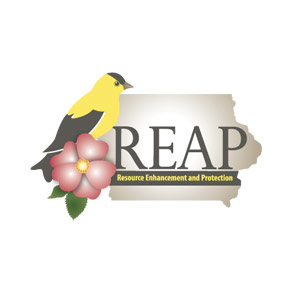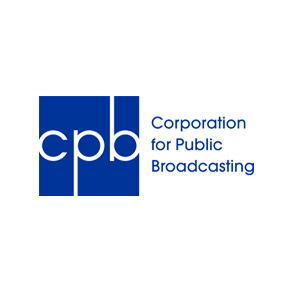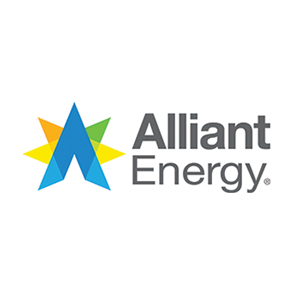Community Responses to Water Quality Concerns
Nitrogen not absorbed by crops can run off into local waterways and streams. By law, the Environmental Protection Agency (EPA) requires that drinking water contains no more than 10 mg/L of nitrates. Iowa communities and farmers are adopting conservation practices that lead to cleaner water by keeping agricultural run-off from entering water supplies. For example, Remsen, Iowa converted nearly 100 acres of cropland to native grasses. Test results indicated that nitrate levels were reduced by 30 percent overall.
Driving Question
- Why might native grasses be effective at treating nitrate levels in towns like Remsen, Iowa?
Probing Questions
- Can plants clean our drinking water?
- What are nitrates and why are they harmful to our water supply?
- What solutions exist to treat nitrates?
- How does the solution relate to the location/size/businesses in the area?
- Which solution would be best for your area and why?
Classroom Suggestions
Students could:
- Utilize nitrate data to discuss the impact of nitrates on our water supply and our community.
- Research current conservation practices that lead to cleaner water, including reduced nitrate levels.
- Brainstorm different factors that might impact decision making when it comes to deciding which solution would be the best fit to treat nitrates in your area.
- Develop a claim that a particular solution would be best to mitigate or decrease nitrate levels in your community and support claims with evidence and scientific reasoning.
Resources
- Des Moines Register | "Nitrates in Iowa drinking water: What does it mean for you?": Read this June 2019 Des Moines Register article about the impacts of high nitrates on human health.
- Des Moines Register | "High nitrate levels plague 60 Iowa cities, data show": This July 2015 Des Moines Register article describes how high nitrate levels impacted 60 Iowa cities.
- National Public Radio | "Here's How To End Iowa's Great Nitrate Fight": Read or listen to this 2015 story about cover crops and how they can help reduce nitrate levels.
- Iowa Department of Health and Health and Human Services | Nitrate Testing Results in Public Water: Read this information about impacts of nitrates in Iowa drinking water include links to testing results.
- Iowa Environmental Council | Nitrate in Drinking Water: A Public Health Concern for All Iowans: This report describes nitrate levels in water and how they impact human health including various cancers and birth defects.
- Iowa Department of Agriculture and Land Stewardship | Wetlands: Read about how wetlands help reduce nitrates.
Iowa Core Alignment
5-ESS3-1:Obtain and combine information about ways individual communities use science ideas to protect the Earth’s resources and environment.
Credit Info
Media produced for Iowa Outdoors by Iowa PBS.
Submitted by Chantel Karns and Olivia Tebben as part of their Iowa STEM Teacher Externship experience at Iowa PBS.
Funding for Iowa Science Phenomena provided by:




